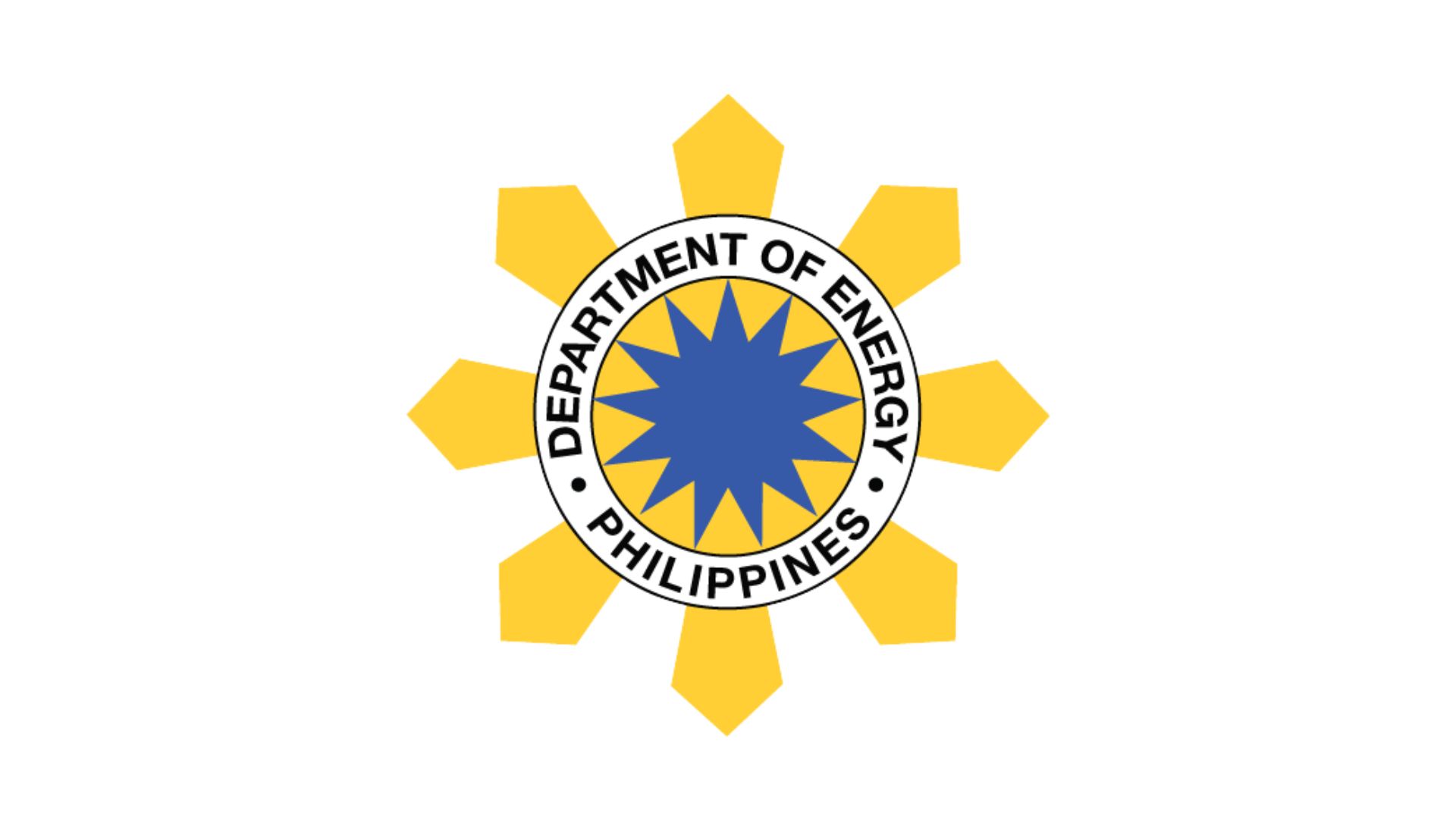DOE creating new ESS policy
- January 30, 2023
- 0

The Department of Energy (DOE) is planning to create a new policy on energy storage systems (ESS) by February to further support renewable energy (RE) development in the Philippines.
In a Philippine Star report, DOE Assistant Secretary Mylene Capongcol said in a statement that the target issuance will be on February 14, 2023, based on the provided target timeline of Electric Power Industry Management Bureau, while the submission of comments and recommendati
Due to the growing number of RE plants, the DOE has determined that it is necessary to improve the current policy and regulation to accommodate the development of ESS and support the integration of renewable energy sources and grid stability.
The DOE recognizes the applications and benefits of ESS as developing technology in improving the electric power system in line with the objective of ensuring quality, reliable, secure, and affordable supply of electric power.
Capongcol said that they are coming up with “a single policy or clarify certain policies” with regard to renewable energy following questions raised by facilities.
In related developments, DOE has excluded hydrogen as a form of energy storage in its draft circular that prescribes policies on the investment rollout of ESS in the country.
The DOE clarified that hydrogen is on the radar of the department, however, there are no pilot projects being conducted using the technology in the Philippine energy market, thus the exclusion on the ongoing policy framing.
Nevertheless, energy storage players expressed disappointment on the exclusion of hydrogen, adding that this particular energy storage type cannot be treated as an “accidental participant” as it is now the focus on planning the low carbon pathway of energy markets globally.
The DOE proposed circular’s ESS identified the classifications of energy storage technologies including, but not limited to: battery energy storage systems (BESS), compressed air energy storage systems (CAES), flywheel energy storage systems (FES), and pumped storage hydropower systems (PSH).
ESS, as defined by DOE